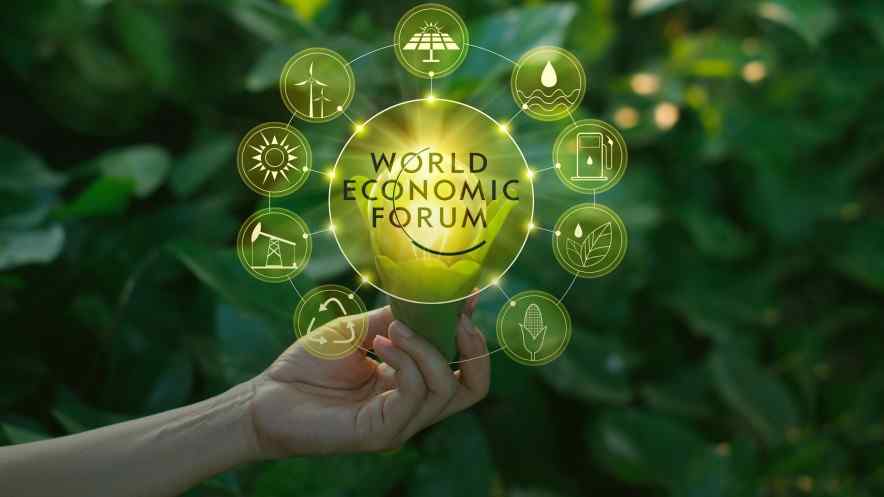WEF Study Identifies 65 Ways Blockchain Can Address Environmental Issues
Sep 18, 2018, 1:00pm
The WEF and PwC published a study in which they identified 65 existing and upcoming use cases for environmental blockchain applications.
A joint study conducted by the World Economic Forum (WEF) and PricewaterhouseCoopers (PwC) has identified a total of 65 existing and upcoming use cases for environmental blockchain applications. All information presented in the study was obtained from bibliographical research and a series of interviews with industry insiders.
According to the study, all 65 use cases can be grouped around six so-called “game changers”, which are the blockchain applications that could profoundly disrupt and optimize the systems which are most critical for solving the most pressing environmental challenges of this era, namely, climate change, biodiversity loss, ocean-health deterioration, air pollution, and pollution and water scarcity.
These game changers can be summarized as,
- “See-through” supply chains: Blockchain provides a way to establish immutable records of transfer and provenance that could enable end-to-end traceability of products. Such transparency allows the optimization of supply-and-demand management, building resilience and enabling more sustainable consumer choice, as well as better production systems and logistics.
- Decentralized and sustainable resource management: Blockchain can enable the transition to decentralized utility systems. Platforms could potentially use collected data on resource use (e.g., household-level energy and water consumption data from smart sensors), to allow for informed and decentralized decision-making, which could include advanced features like peer-to-peer transactions, optimal demand-supply balancing, and dynamic pricing.
- New sources of sustainable finance: blockchain-enabled finance platforms could help raise the trillions of dollars needed to finance a shift to low-carbon and environmentally sustainable economies.
- Incentivizing circular economies: blockchain could change the way we use, value, and trade resources, which could incentivize governments, companies, and individuals to discover new financial value from things that are currently discarded, wasted, or treated as invaluable.
- Transforming carbon (and other environmental) markets: blockchain-based token systems can be leveraged to optimize carbon (and other substances) markets, creating new opportunities for carbon credit trades.
- Next-gen sustainability monitoring, reporting and verification: blockchain technologies can fundamentally transform the way we report and assure sustainability and accountability, potentially helping companies to improve their performance, while allowing consumers to make informed decisions.
- Automatic disaster preparedness and humanitarian relief: blockchain could allow several parties involved in disaster relief efforts to improve the coordination and efficiency of resource use during the immediate aftermath of disasters, which is the most critical period for the mitigation of further impacts to the affected population.
- Earth-management platforms: although these technologies are still being developed and are far from being deployed, blockchain technologies could potentially be used to monitor and manage market mechanisms that protect the global commons, from sea to land.
Alibaba’s Jack Ma Weighs In on Blockchain and the Environment
In a keynote delivered at the World AI Conference in China, Alibaba’s Jack Ma mentioned that blockchain-based and internet of things technologies are still to prove their utility to humanity.
Although blockchain was not the focus of his keynote, Ma said that,
The data age is major opportunity for manufacturers to reform the industry […] But blockchain and IoT will be meaningless tech unless they can promote the transformation of the manufacturing industry, and the evolution of the society towards a greener and more inclusive direction.
Coming soon: An exclusive interview with Carbon Grid CEO, Andy Tan, on the compelling need to reduce the carbon footprints linked to blockchain transactions and the steps blockchain projects can take.





